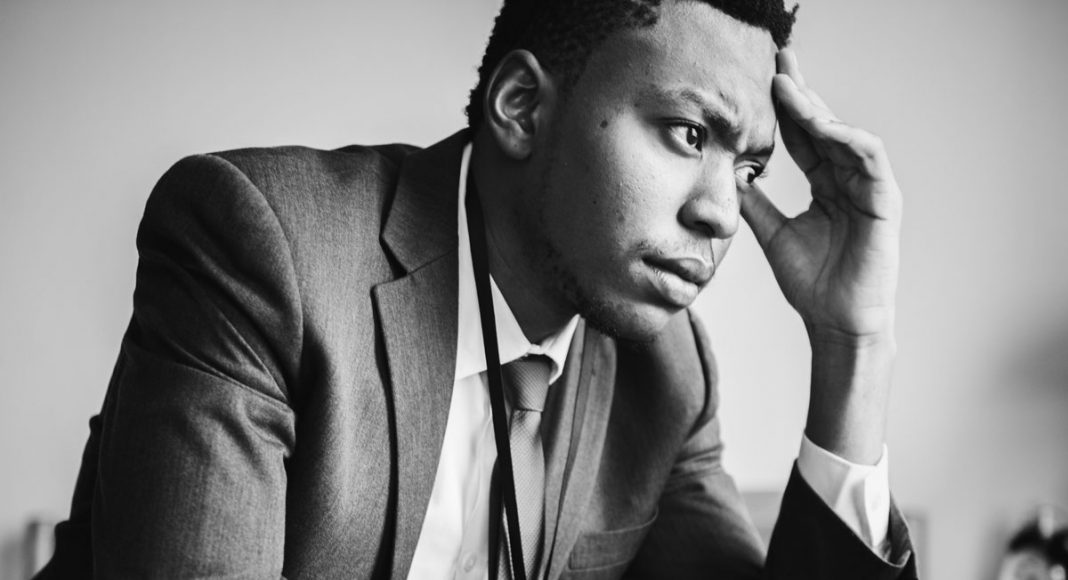The common visual stereotype of American soldiers consuming cannabis looks like counterculture conscripts literally shotgunning pot smoke from U.S. military rifle barrels, captured enduringly in Vietnam War documentary photographs and conjured famously in Hollywood cinema.
Today, soldier-cannabis user optics are different and may have nothing to do with smoking, be it through a weapon, bong or joint.
Just as cannabis has come a long way from the jungle weed enjoyed by draftees in the Age of Aquarius to today’s pharmaceutical-grade formulations treating severely ill children and seniors in the era of legalization, political attitudes have evolved and cultural stereotypes have dissolved.
Today’s soldier-users are likely to be highly-skilled enlistees, men and women suffering from life-threatening post-traumatic stress disorder, or PTSD, after serving in Afghanistan, Iran or scores of other conflict zones and terrorism theaters in the Middle East and Africa.
And rather than smoking, today’s soldier-users are most likely vaping concentrated cannabis oils or consuming infused capsules and foods. Some may experience the therapeutic benefits of cannabis without any of the botanical drug’s heady effects, consuming non-psychoactive CBD rather than mind-altering THC to help balance their bodies’ endocannabinoid systems.
-
Related Story: This New Type Of Marijuana Has 38.7% THC
This is happening as more voices call for the U.S. government to allow the military to study cannabis’ effects combating PTSD and as mounting research shows cannabis can ease PTSD’s most chronic and lethal symptoms — depression and suicidal thoughts.
Dr. Michele Ross, a neuroscientist and author, believes the medical establishment appallingly overlooks and underrates cannabis.
By using cannabis, Ross explained in an interview for Green Flower’s Beginner Series, “you’re alleviating symptoms of anxiety and depression, you’re improving family dynamics because now there’s less drug use, or because there’s less anger, less depression, there are less issues at work, they’re not getting fired from their jobs because now they’re able to have normal interpersonal relationships.”
Without cannabis?
“They could be dead without cannabis,” Ross said.
The reason PTSD sufferers who use cannabis are alive is because cannabis has enabled them to forget. As Green Flower notes, active compounds in cannabis tap into a large neurotransmitter network in bodies’ central nervous systems that help people forget memories.
Some researchers believe patients suffering PTSD have an endocannabinoid deficiency, which may prevent them from extinguishing fearful memories.
“When you have an endocannabinoid deficiency or dysfunction, you’re no longer able to forget,” Dr. Ross said. “So, that’s why cannabis helps. It activates those cannabinoid receptors and helps you let go of those horrible memories that are keeping you up at night and are causing you not to be able to function.”
While some trials have presented more mixed results, a 2009 clinical trial in Canada showed that the nighttime administration of THC reduced frequency and intensity of nightmares in 72 percent of the 47 patients studied.
Despite the limited research, more scientists, are joining soldier-users not looking to get high, and are embracing CBD.
“Think of CBD as a shotgun,” Marcel Bonn-Miller, a psychology and psychiatry professor at the University of Pennsylvania’s Perelman School of Medicine, told Scientific American. “It hits so many receptors that people are still trying to understand it. If you want to actually treat PTSD, most of the evidence is pointing toward CBD. But most people with PTSD are gravitating toward [marijuana] products with high THC levels, which may help in the short-term but are likely to worsen their symptoms over time.”
Unlike the reality of opiates, there’s no scientific evidence THC-rich cannabis is addictive.
Fabian Henry, a veteran of the war in Afghanistan and founder of Veterans For Healing, a advocacy group that helps Canadian learn to use cannabis for PTSD, told Toronto’s Globe and Mail that cannabis is an important component of PTSD treatment but not the ultimate PTSD cure.
“At the end of the day, we want you to get off cannabis,” Henry said. “I shouldn’t need it forever. I should only need it until I get the tools to manage my illness.”
A report last year by The U.S. Department of Veterans Affairs found risk of suicide among veterans is about 22 percent higher than among non-veterans.
Currently, 23 U.S. states allow PTSD to be treated with medicinal cannabis. Starting July 1, PTSD will among the recognized condition in Georgia but since there is no state law in place for the harvest, transportation or dispension of any form of cannabis, patients cannot receive treatment in Georgia and must travel to a medicinally legal state, obtain the product and return to Georgia, risking penalties for bringing a controlled substance across state lines.
Meanwhile, an amendment that would direct the Department of Veterans Affairs to study the medical benefits of cannabis for military veterans is working its way through the U.S. and may come up or a vote soon.


